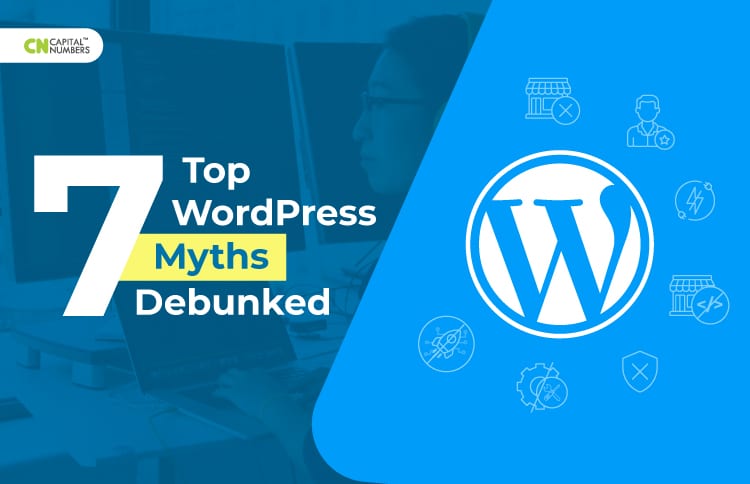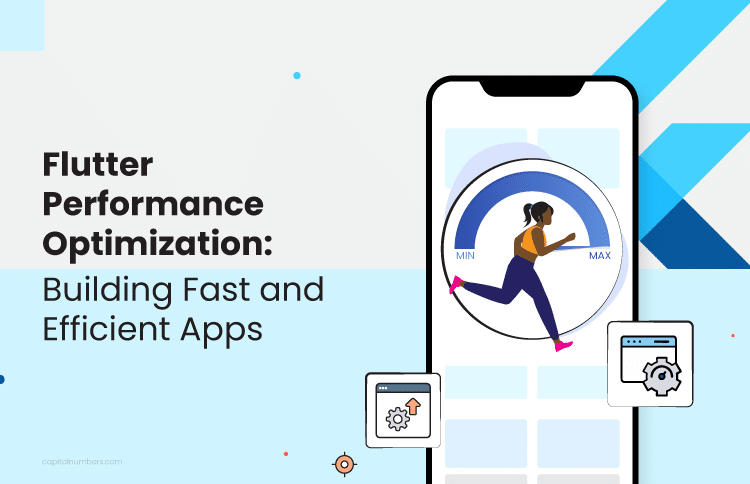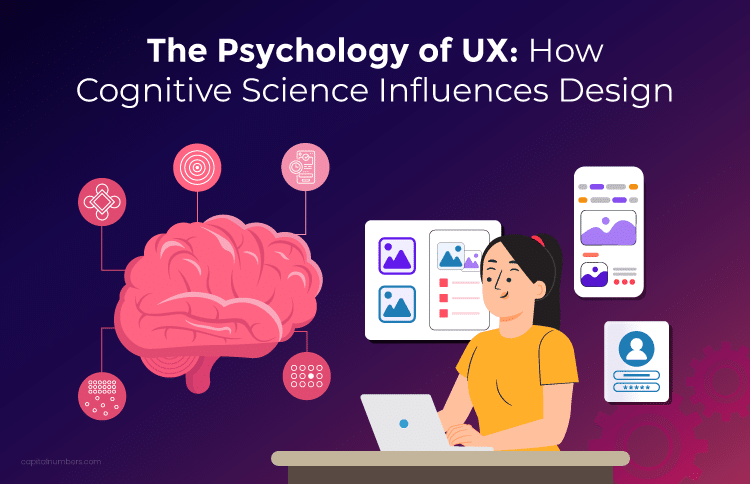Top 7 WordPress Myths Debunked
Table of Contents
WordPress powers 35% of the web.
WordPress is, by far, one of the most popular content management systems (CMS) for websites and blogs. Arguably, it is the best fit to launch, manage, and modify a site while controlling IT administrative complexity in a cost-effective way.
Earlier, people used WordPress only as a blogging platform. Today, WordPress covers over 50% of the market share for CMSs, powering around 60 million websites globally.
Although WordPress started as a blogging tool in 2003, today, it is trusted by the best to develop cutting-edge websites and apps because it’s:
- Customizable
- SEO-friendly
- Secure
- Responsive
- Accessible
- High-performing
WordPress has evolved into a versatile tool with thoroughly tested programming languages, and technologies like MySQL, and PHP over the years. Today, it supports audio, video, document files, images, and of course, texts.
Moreover, did you know that currently, WP.org reports 45,620 available plugins? Also, WordPress themes and plugins now support language packs.
However, despite its limitless possibilities, there are several myths about WordPress that have spread like a forest fire.
In this blog, we’ve outlined and debunked those popular WordPress myths to help you make informed business decisions. Let’s take a look at them below:
Myth 1: WordPress is not Suitable for Large-Scale eCommerce Websites
Developers often hesitate to use WordPress for large-scale eCommerce Stores.
However, WordPress is the best option, irrespective of the scale of your online store. It is flexible, robust, and can be easily customized based on your requirements.
With the right database configuration, powerful hosting stack, and careful selection of plugins, you can create huge eCommerce stores hosting over 5,00,000 products and architecturally sophisticated sites using WordPress. Scalability is never an issue with WordPress, with the right extensions and add-ons in place. This CMS can let you handle large stores attracting high-traffic, without any trouble.
Myth 2: Experts are Required to Run WordPress Stores
Many feel that working on WordPress requires in-depth technical skills. However, this is untrue.
Content-creators can easily create new pages, edit existing ones, and post new blogs with the help of the visual editor in WordPress. Slightly more advanced or experienced users can use HTML or coding to edit texts. In case there’s a need to work around a website’s core files, they can always find a plugin solution.
Those assigned for daily administrative tasks can swap themes, approve visitor comments, review site statistics, fine-tune SEO content, and get detailed analytics within the single interface.
In essence, WordPress can be used by a wide array of users, irrespective of their technical expertise or without going through extensive documentation.
Myth 3: WordPress Plugins Are Not Robust
People often consider WordPress to be a misfit for eCommerce sites because it doesn’t come integrated with various features, unlike other platforms with in-built tools.
However, the truth is that WordPress has a broad ecosystem of 45000+ plugins that developers can choose from. They can further add custom plugins to:
- Incorporate contact forms
- Generate reports
- Automate thumbnail images
- Bolster security
- Improve SEO
WordPress plugins are powerful enough to develop best-in-class and multi-featured eStores.
Myth 4: WordPress Functionalities Aren’t for eCommerce Stores
People assume that since WordPress is not a dedicated eCommerce platform like BigCommerce or Shopify, it probably doesn’t have the functionalities to support top-notch eCommerce stores.
But, the reality is that the WordPress community has seen the influx of many frameworks and plugins that make eStore development as easy as pie. Plugins such as WP eCommerce, WooCommerce, and Easy Digital Downloads help developers create some of the most fantastic and bespoke eCommerce solutions.
Developers can easily tinker under the hood to build dynamic and fully-functional WordPress sites using these plugins whenever they want.
Myth 5: WordPress is not Secure
It is a surprise that many developers still don’t consider WordPress to be secure. Since it is open-source, developers often feel that the platform is vulnerable.
However, WordPress takes security very seriously. The following reasons are proof enough that WordPress is 100% safe:
- Data Encryption: The presence of SSL certificates ensures the encryption of data transferred between your website and your customer’s browser.
- Third-party Payment Gateways: WordPress comes with various plugins that enable developers to integrate secure payment gateways like PayPal.
- Strong Password Generator: WordPress comes with a powerful password generator and validator. This automatically forces your customers to create strong login credentials.
Besides, WordPress receives regular security updates that help in keeping vulnerabilities, malware and data hack at bay.
Myth 6: WordPress Doesn’t Come with Support
Since WordPress is free, developers often feel that there’s nobody to turn to for effective support solutions. But this is untrue.
WordPress has a massive community of designers, developers, translators, bloggers, and other specialists who can go to great lengths to extend all kinds of technical support that are required.
With its very active support forum, frequented by qualified coders, getting answers to technical queries is easy.
Myth 7: WordPress is Not Future-proof
Those who feel that WordPress sites won’t play well with future technologies need to immediately bust this myth.
WordPress is for the future. It is a highly responsive and powerful CMS. Developers can easily find custom themes on WordPress.org to modernize the look and feel of their sites. They can even have fun with Flash, jquery, CSS3, and other APIs to make WordPress sites functional, custom-focused, and futuristic.
To Summarize
WordPress can be a great way to successfully launch your store if you’re looking to dip your feet into eCommerce.
Contrary to the common myths:
- WordPress is perfect for both small and large scale businesses.
- Those with zero coding experience can use WordPress without any hassle.
- WordPress plugins are highly robust and customizable.
- WordPress comes with functionalities that power rich eCommerce stores.
- This popular CMS boasts of robust security features.
- It comes with enormous community support.
- It is future-proof.
If you’re still meddling with WordPress myths such as these, it’s time you shatter them and dispel your confusion.
Or contact our experts to get a more in-depth clarification on how you can use WordPress to its full potential with top-notch features and plugins for your enterprise-grade sites.














